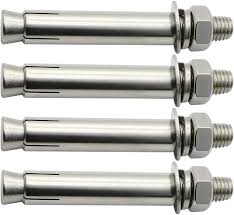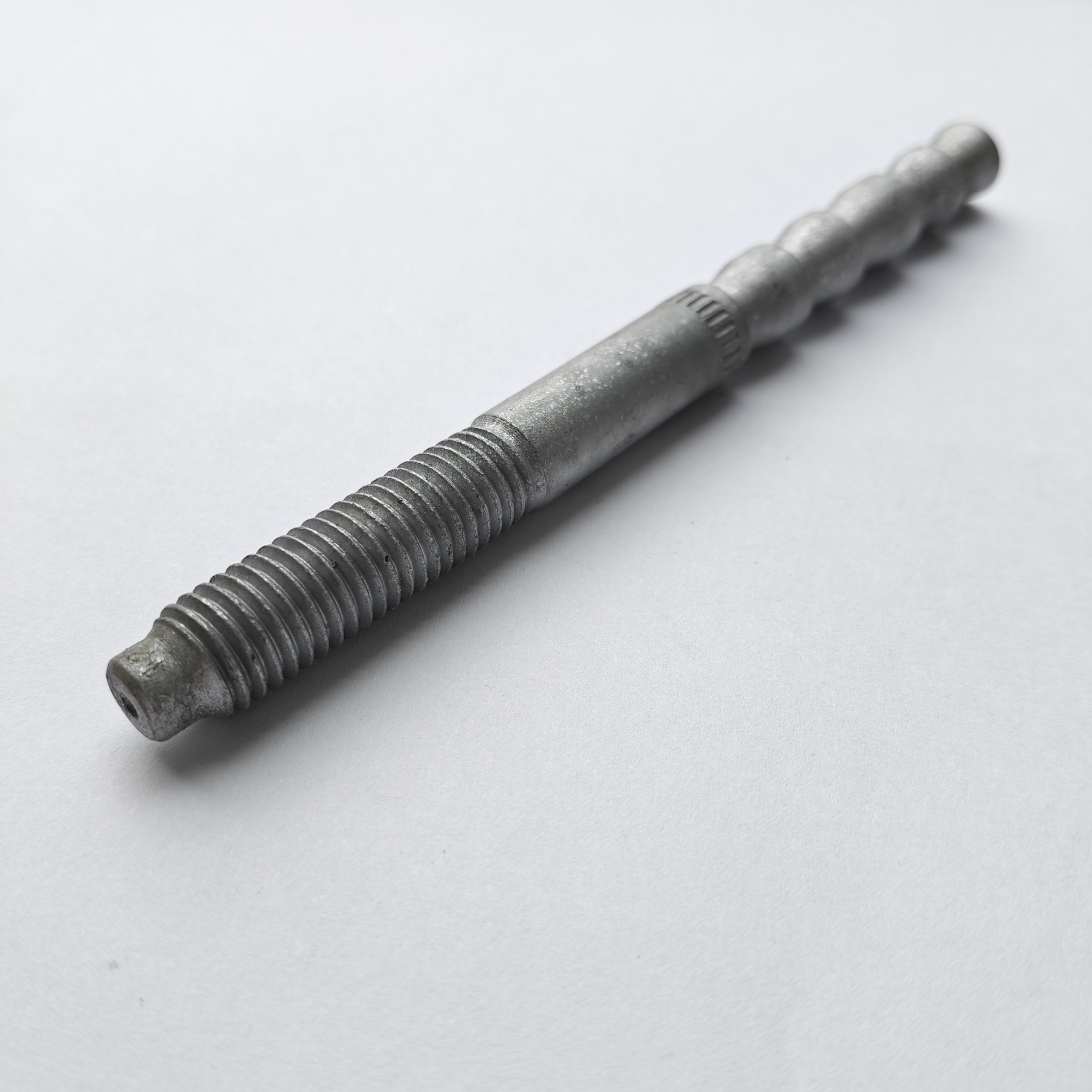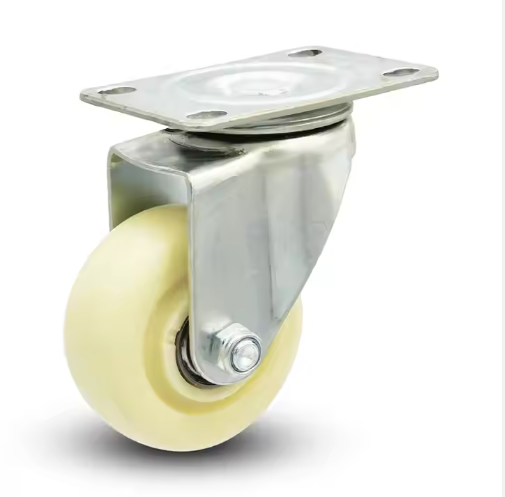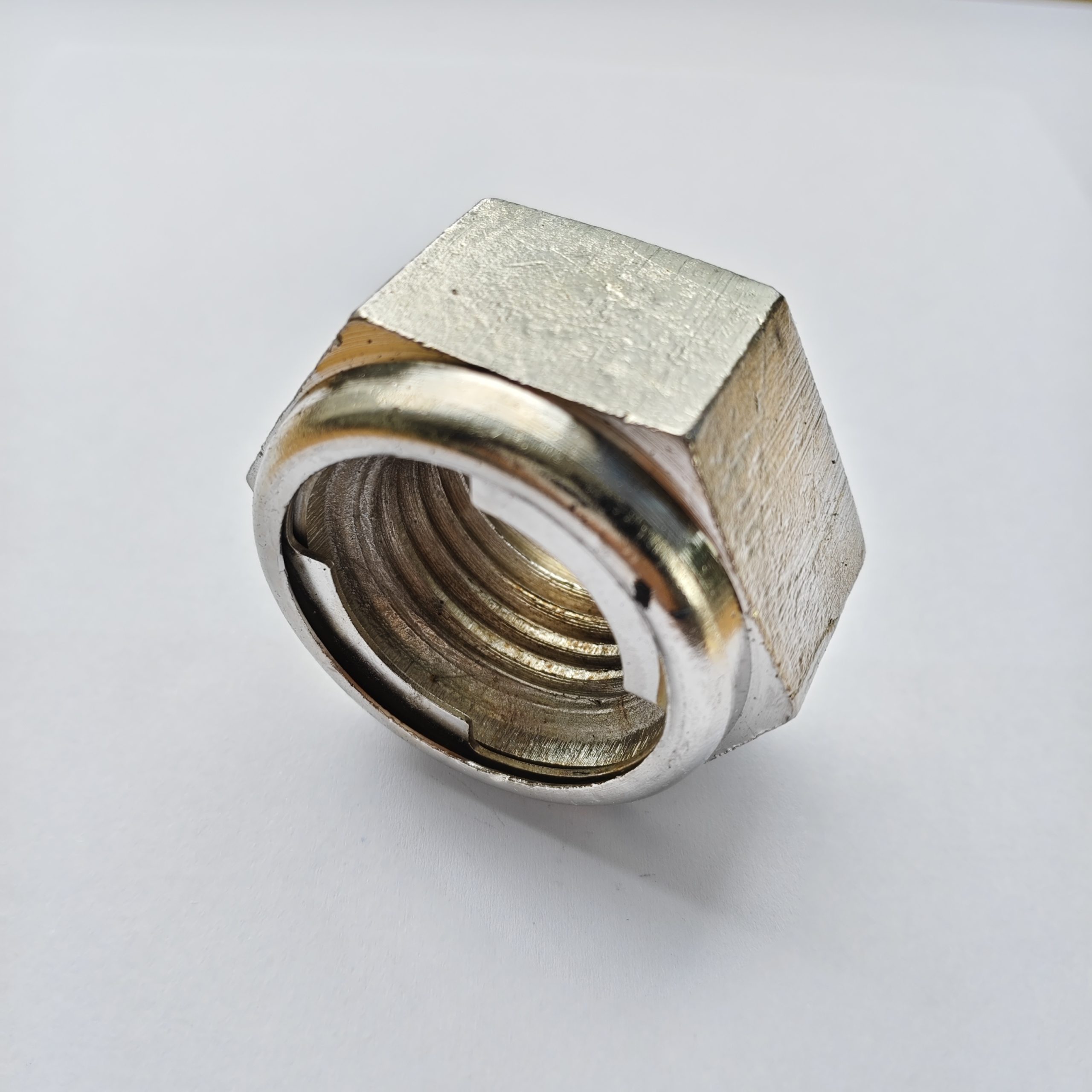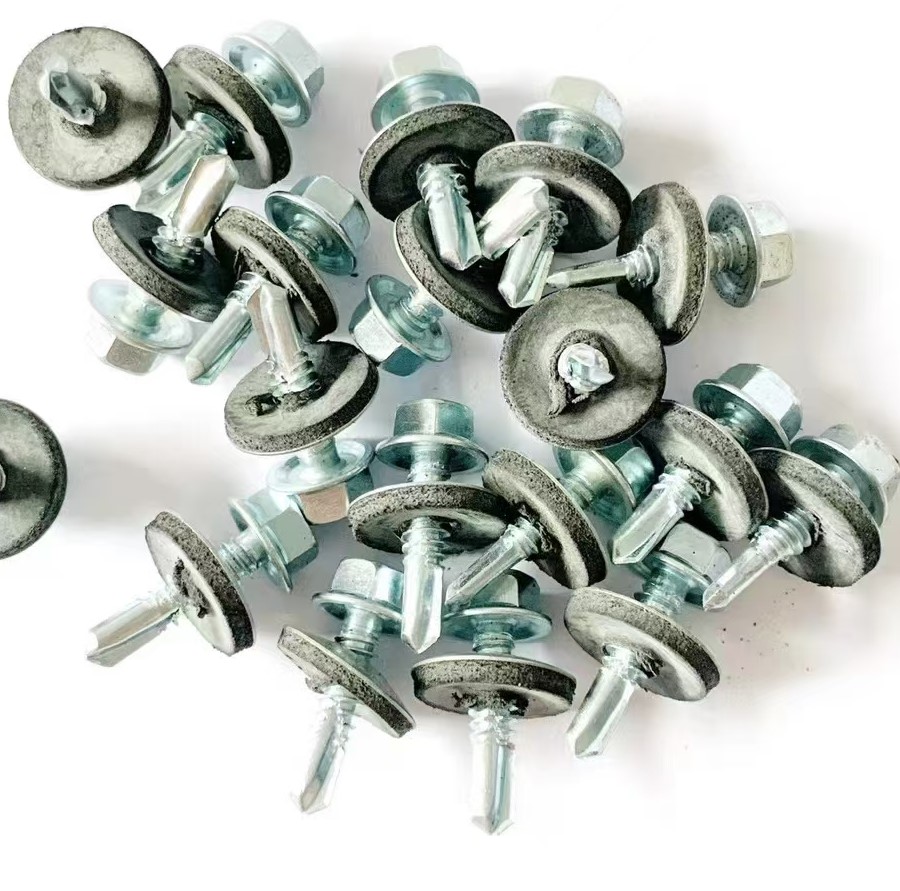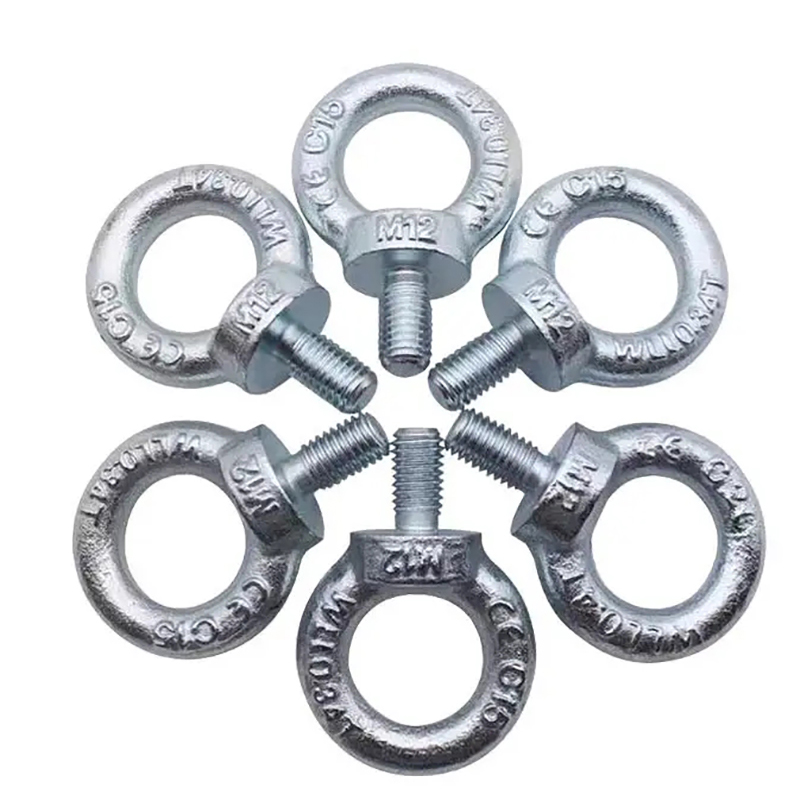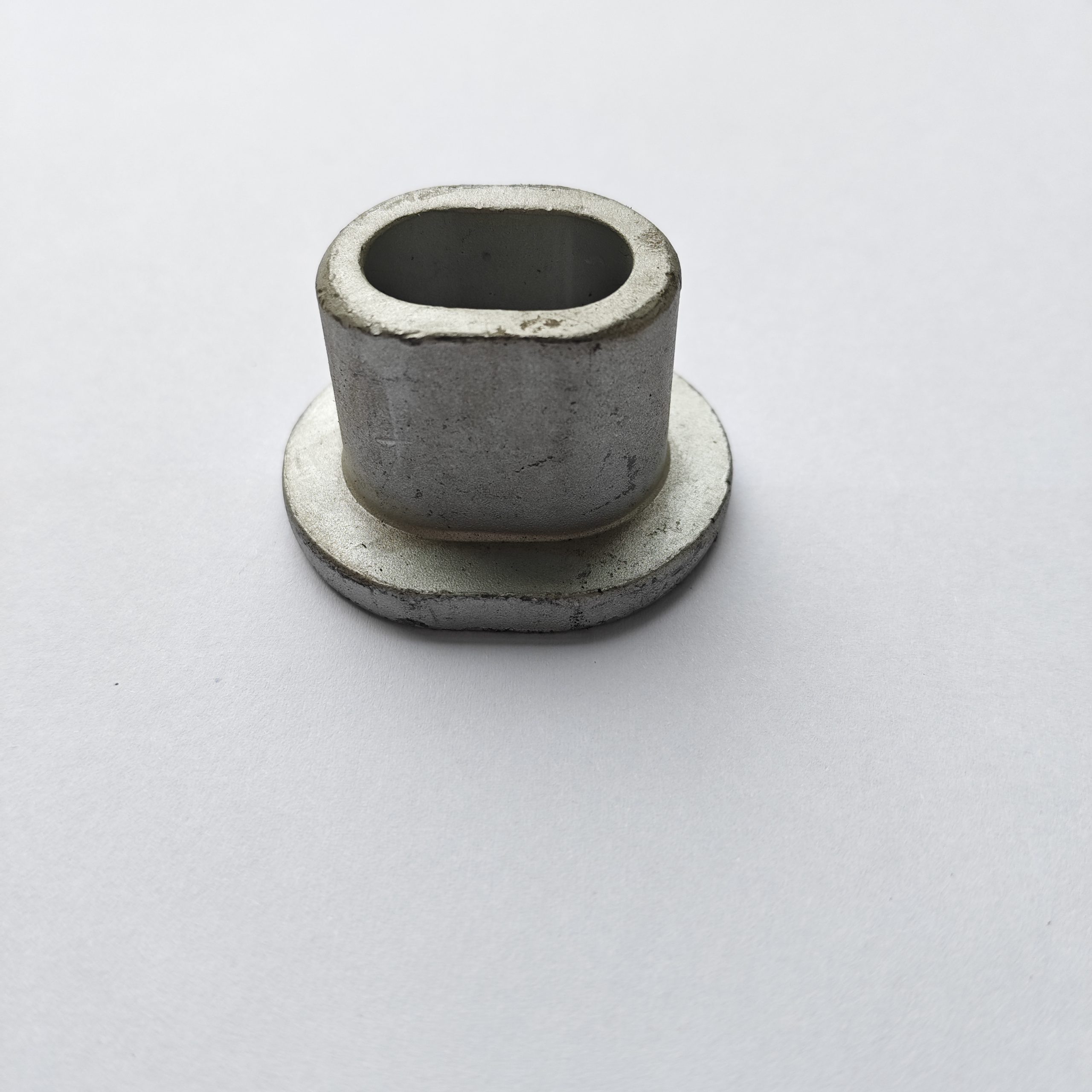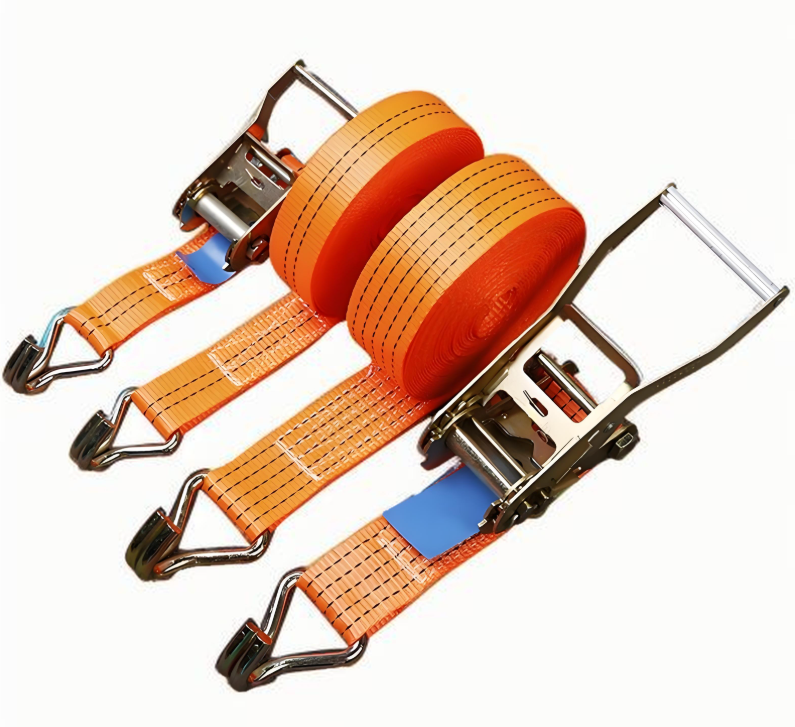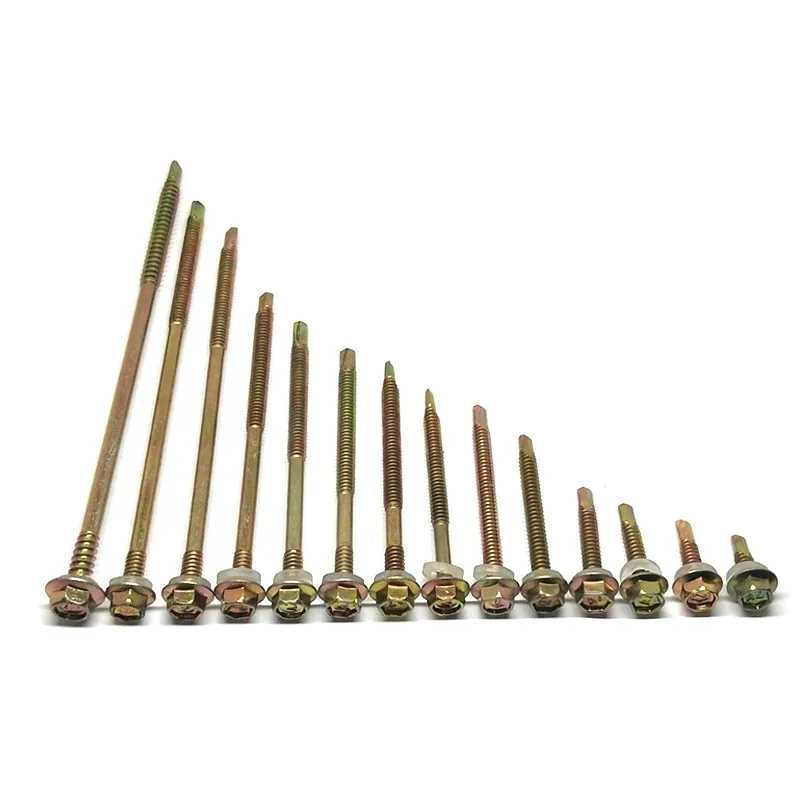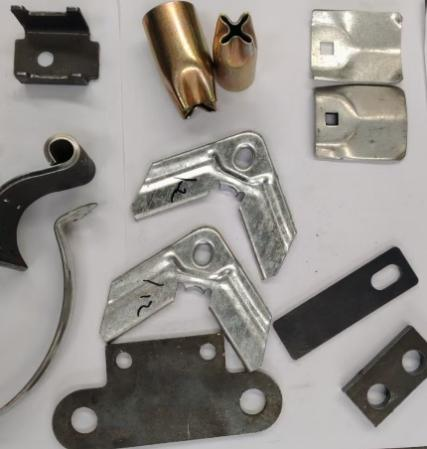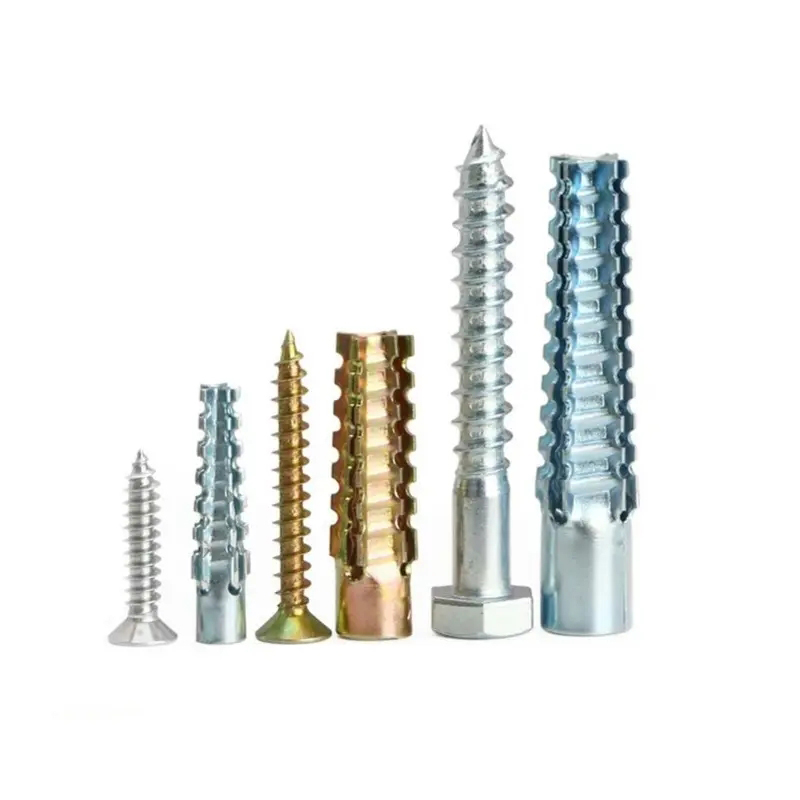

This comprehensive guide helps businesses navigate the complexities of sourcing non-standard parts, offering insights into selecting the ideal non-standard parts factory. We'll cover crucial factors to consider, from design specifications to quality control, ensuring you find a reliable partner to meet your unique manufacturing requirements.
Before engaging with any non-standard parts factory, meticulously define your specifications. This includes material selection (e.g., steel, aluminum, plastic), dimensions, tolerances, surface finishes, and any required functionalities. Detailed drawings and CAD models are essential for clear communication.
Specify the required quantity of non-standard parts and your desired production timeline. This information helps the factory assess feasibility and provide accurate quotes. Consider whether you need a one-time order or ongoing supply.
Establish a realistic budget for your non-standard parts project. Factor in costs such as design, tooling, material procurement, manufacturing, and shipping. Be transparent with your budget when communicating with potential factories.
Investigate the factory's manufacturing processes and capabilities. Do they possess the necessary machinery and expertise to produce your specific non-standard parts? Look for evidence of experience with similar projects. Request samples of their previous work.
Thoroughly review the factory's quality control procedures. Do they adhere to industry standards (e.g., ISO 9001)? Inquire about their inspection methods, defect rates, and corrective actions. A robust quality control system is crucial for ensuring the reliability of your non-standard parts.
Effective communication is key to a successful partnership. Choose a factory with responsive and proactive communication channels. Consider factors like language barriers and time zone differences. A collaborative approach ensures your needs are understood and met.
Check for relevant certifications and accreditations. These demonstrate the factory's commitment to quality, safety, and environmental responsibility. These could include ISO certifications or industry-specific recognitions.
Numerous online directories and marketplaces specialize in connecting businesses with manufacturers. These platforms offer detailed profiles of factories, allowing you to compare options and filter based on your specific requirements. Utilize these resources to initially screen potential suppliers.
Attending industry trade shows and events provides a valuable opportunity to network with potential non-standard parts factory partners, see their products firsthand, and compare offerings.
Seek referrals and recommendations from trusted sources within your network. Their experiences can offer valuable insights and help you identify reputable factories.
For businesses seeking a reliable and experienced partner in the manufacturing of high-quality non-standard parts, consider Hebei Dewell Metal Products Co., LTD. With a proven track record and a commitment to excellence, Dewell offers a wide range of services and capabilities, ensuring your specific needs are met with precision and efficiency. Learn more by visiting their website: https://www.deweLLfastener.com/
Sourcing non-standard parts requires careful planning and due diligence. By thoroughly understanding your requirements, rigorously evaluating potential factories, and utilizing available resources, you can confidently select a reliable partner capable of delivering high-quality non-standard parts that meet your specifications and contribute to your project's success. Remember to prioritize clear communication, robust quality control, and a collaborative approach throughout the process.

